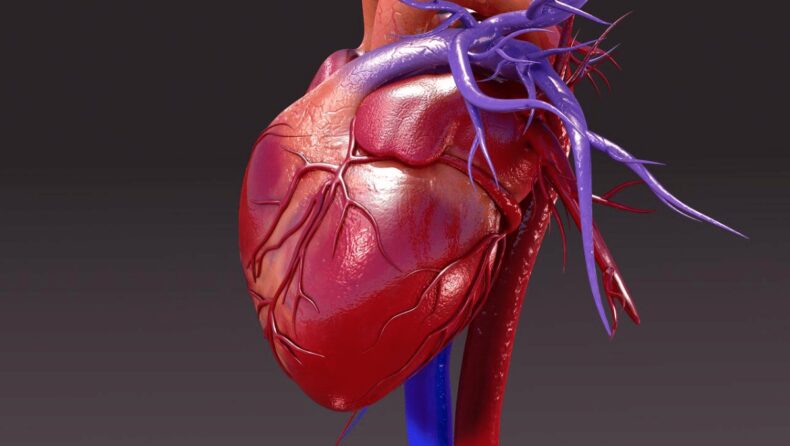Numerous studies have found a link between noise pollution and cardiovascular disease. We consult specialists to learn more about the connection between cardiac illnesses and loud noise exposure.

Recent fatalities include a 65-year-old man in Malkangiri town who died while watching his son’s baraat procession, a 20-year-old who died while participating in a Ganesh Utsav in J&K, a performer who collapsed on stage during a performance, and an artist in Uttar Pradesh who died while giving a performance at a Ganesh Pandal. Could loud noises and heart attacks be related?
Is Noise Fatal?
Robert Koch, a German doctor who won the Nobel Prize in 1910, warned that one day, people will have to combat the noise with the same ferocity they fought cholera and the plague. Numerous studies have shown that exposure to noise from things like planes, trains, and cars is associated with heart disease.
Noise pollution can increase heart rate, and blood pressure, lead to heart attacks, impair sleep, narrow arteries, impair concentration, induce anxiety, and raise cortisol and adrenaline levels. Noise pollution contributes to atrial fibrillation, an abnormally rapid heartbeat, and stroke.

Men in white shirt having chest pain – heart attack – heartbeat line
Every 5-decibel increase above 55 decibels is linked to a 34% increase in heart attacks, strokes, and heart-related illnesses, said Dr. Dheeraj Gandotra, Additional Director Of Cardiology, Fortis Hospital.
According to Dr. Rishi Gupta, Chairman – Cardiac Sciences, Accord Super Speciality Hospital, constant noise pollution is harmful even for the day to day activities. It’s linked with annoyance, sleep disturbances, increased blood pressure, and increased cardiovascular events.
“Disturbances caused during the night is considered to be more harmful.”
Dr. Kaushal Pandey, Consultant Cardiovascular Surgeon, PD Hinduja Hospital explains that if you have prolonged exposure to very high frequency and high decibel sounds, a person who is not ordinarily hypertensive will become hypertensive.
“Another problem with very high sound intensity is that it disturbs peace of mind. And as a result, people are not able to concentrate and focus on their work. This results in anxiety disorders and high blood pressure, which could lead to heart related problems.” Sound pollution directly affects the hypothalamus and autonomic nervous system which controls the heart.
Typical sources of chronic noise exposure include road, rail and airport traffic, heavy machinery, construction sites and loud music. “The World Health Organization has also mentioned adverse effects of noise pollution above 55 decibels. Any level of more than 70 decibels will lead to chronic inflammation and damage to the heart and blood vessels,” adds Dr. Gandotra.
Long exposure to loud noises increases the risk for heart problems up to 3 times over 5 to 6 years. However, every age group is susceptible to sound pollution.

Sedentary lifestyles can also result in heart attacks, strokes, and other cardiovascular conditions. Being sedentary might cause fatty deposits to form in your arteries (the blood vessels that carry blood to your organs). A heart attack may result from clogged and damaged arteries that deliver blood to the heart.
Prevention Techniques
- Avoid areas with a lot of persistent noise pollution.
- Learn stress-relieving practises like yoga and meditation to help you cope with noisy situations.
- Earplugs can aid with noise reduction.
- Regular exercise is essential; start by walking for 30 minutes each day.
- Self-hydration: It’s crucial to maintain constant hydration in your body. Water is necessary to keep your body’s systems functioning properly.
(Inputs by Dr. Aditya Kumar Singh and Dr. Dheeraj Gandotra)
Read More: Learn about the health benefits from experts of chewing a clove on an empty stomach every day













